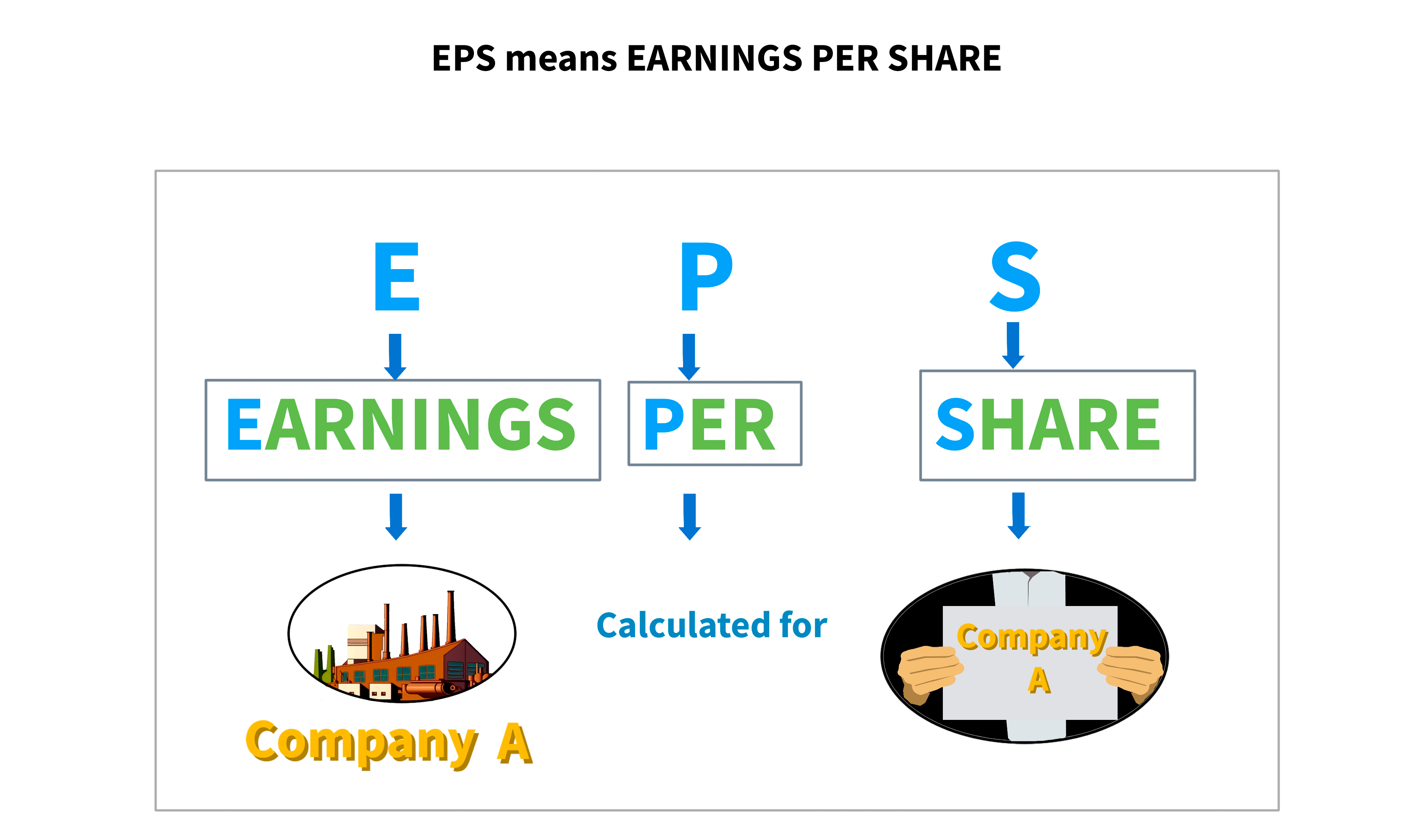
In this article, we explore the reasons why public companies publish annual reports, and how these reports provide valuable insights into a company's financial health, operations, and strategy. Gaining an understanding of the relevance of annual reports amidst current events can be valuable for investors, stakeholders, and other individuals who are interested in making well-informed decisions. This knowledge can help them assess the financial health of a company and make strategic choices for their investments.
Here are 5 reasons why public companies publish an annual report:
1. Compliance with regulatory requirements

One of the primary reasons why public companies publish annual reports is to comply with regulatory requirements. In the United States, the Securities and Exchange Commission (SEC) requires companies with more than $10 million in assets and 500 or more shareholders to file annual reports, including Form 10-K, which provides a comprehensive summary of a company's financial performance, risks, and opportunities. Noncompliance with these regulations may result in penalties, fines, and legal consequences.
In 2020, the SEC fined Tesla $20 million for failing to file timely disclosures about its CEO's tweets, highlighting the importance of compliance with regulatory requirements.
2. Transparency and accountability

Another reason why public companies publish annual reports is to promote transparency and accountability. By sharing detailed information about their operations, financial performance, and strategy, companies can build trust with their stakeholders, including investors, employees, customers, and partners. Annual reports provide a complete picture of a company's accomplishments, challenges, and future goals, allowing stakeholders to make educated decisions.
In 2021, Amazon's annual report highlighted the company's efforts to reduce its carbon footprint and invest in renewable energy, demonstrating its commitment to sustainability and environmental responsibility.
3. Investor Relations

Public companies also publish annual reports to engage with their investors and attract new ones. Annual reports contain a thorough examination of a company's financial performance, including revenue, profitability, and growth expectations. This information can help investors assess the company's potential and make informed decisions about buying, holding, or selling its stock.
In 2022, Apple's annual report highlighted the company's record-breaking revenue and profits, driven by strong demand for its iPhone, iPad, and Mac products, attracting new investors and driving up its stock price.
4. Competitive Analysis

Annual reports can also provide valuable insights into a company's competitors and industry trends. By analyzing the financial performance, market share, and strategy of other companies in the same industry, investors and analysts can identify emerging trends and opportunities, and make strategic decisions.
In 2020, the annual report of Coca-Cola highlighted the company's efforts to diversify its portfolio and expand into new markets, providing valuable insights into the competitive landscape of the beverage industry.
5. Corporate Governance

Finally, annual reports can promote good corporate governance by providing information about a company's management structure, board of directors, and executive compensation. By disclosing this information, companies can demonstrate their commitment to ethical and responsible business practices, which can attract investors and improve their reputation.
In 2021, Google's annual report highlighted the diversity and expertise of its board of directors, demonstrating its commitment to promoting diversity, equity, and inclusion in corporate governance.
In conclusion, public companies publish annual reports for several reasons, including compliance with regulatory requirements, transparency and accountability, investor relations, competitive analysis, and corporate governance. Investors, stakeholders, and other interested parties can make educated judgments and obtain valuable insights into a company's financial health, operations, and strategy by recognizing the relevance of annual reports and studying their contents.



